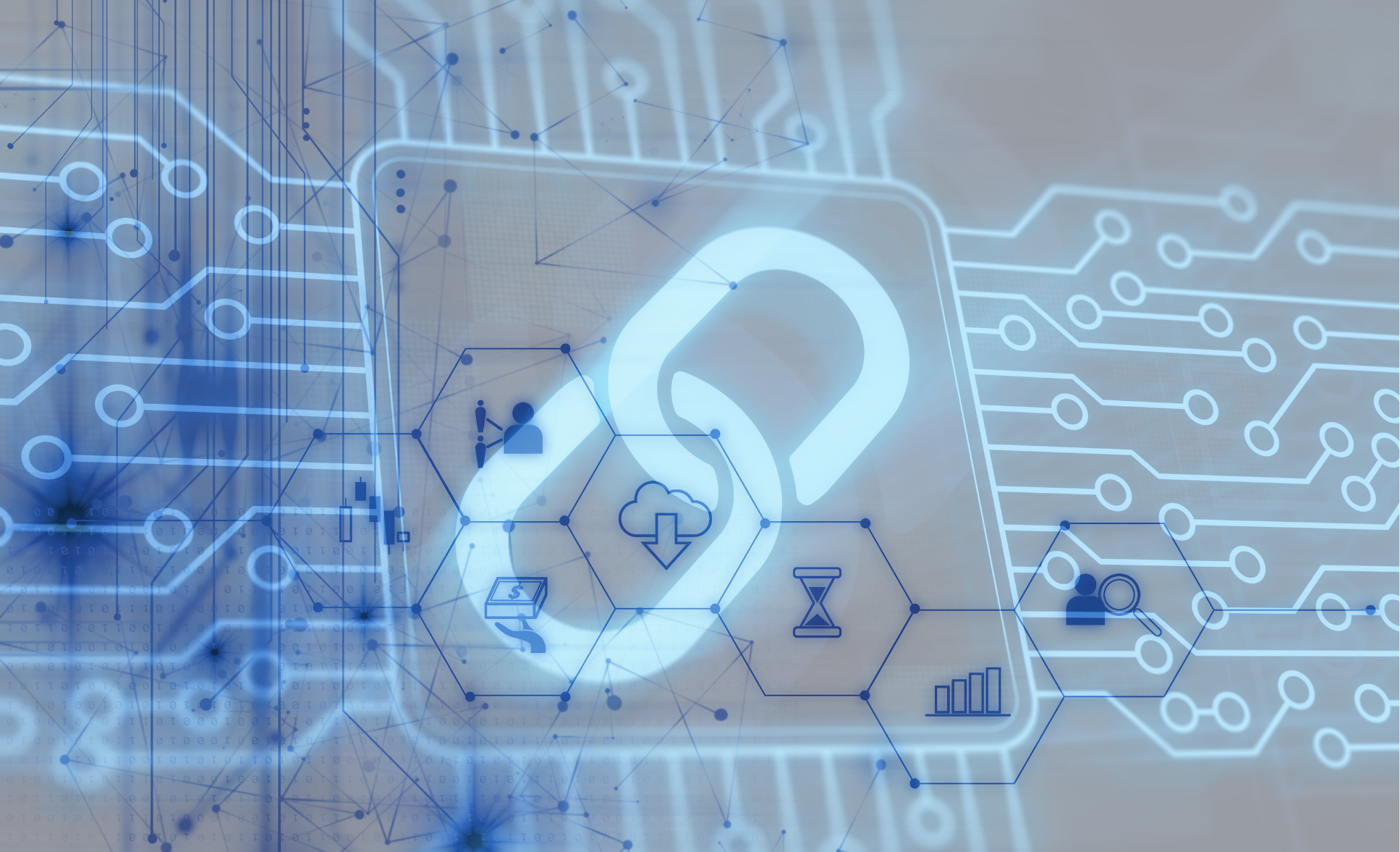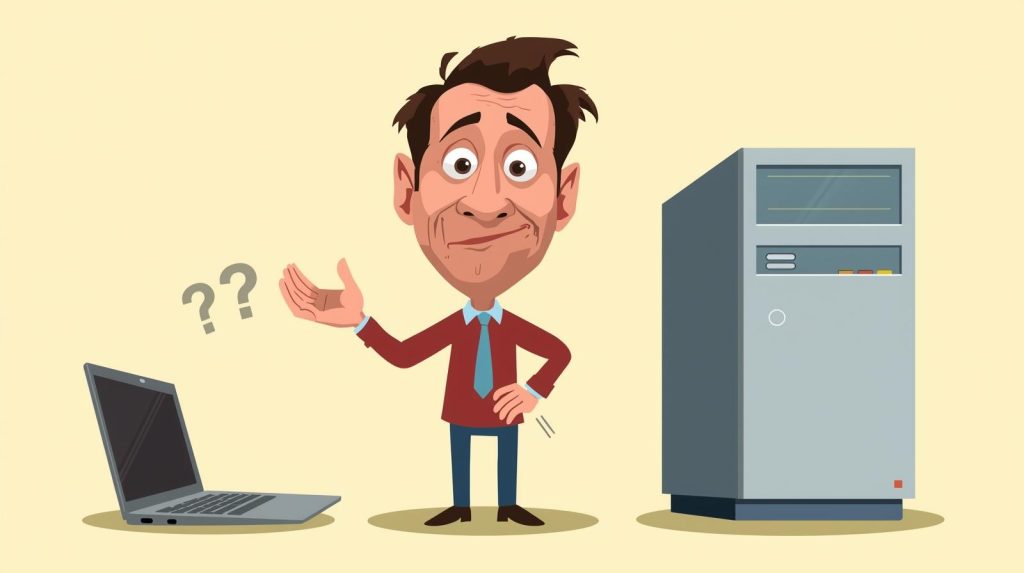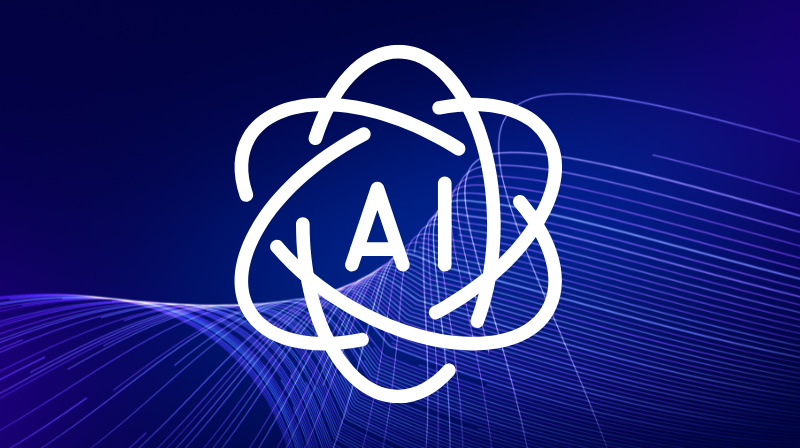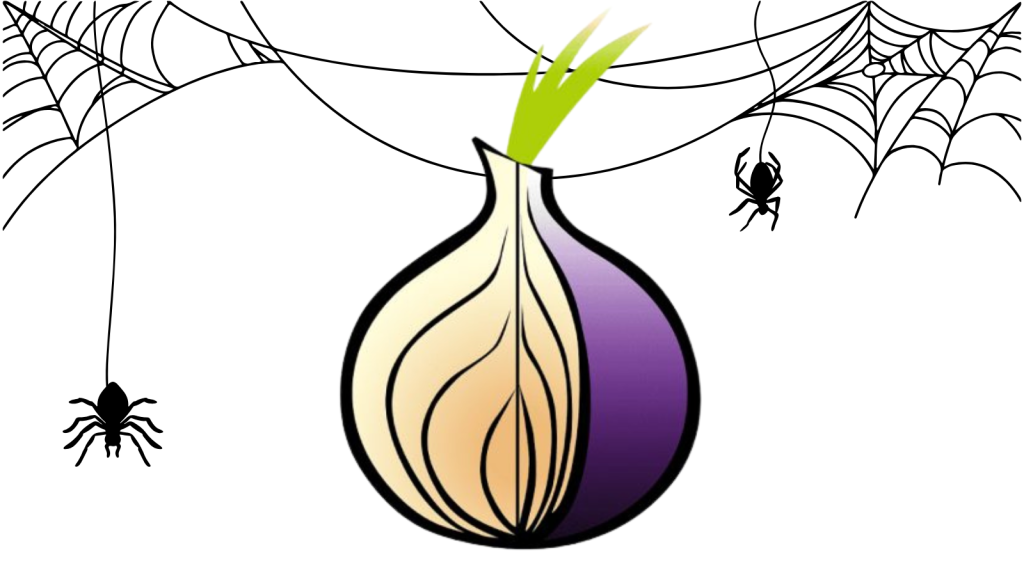
Blockchain technology beyond cryptocurrencies
In the last decade, blockchain technology has been associated almost exclusively with cryptocurrencies. Bitcoin, Ethereum, or other digital assets that have captured the attention of financial markets. In the near future, however, a major paradigm shift is expected: blockchain technology is moving out of the realm of financial speculation and entering the era of practical utility, becoming a central pillar of digital transformation.
Currently, blockchain technology represents much more than a database. It is a secure, transparent, and decentralized infrastructure that promises to revolutionize areas such as supply chains, public administration, and digital identity systems.
1. Blockchain in supply chains – total traceability and trust between partners
One of the most promising areas for the application of blockchain technology is supply chain management. In a globalized world, product traceability becomes essential for companies, authorities, and consumers. Through blockchain technology, every stage – from production to delivery to the customer – can be recorded and verified in real time.
Imagine a network where data about the origin of raw materials, transport conditions, or quality standards are stored in a distributed ledger, impossible to falsify. In the future, companies in fields such as agri-food, pharmaceuticals, and logistics will use this technology to guarantee the authenticity and safety of products.
Already visible examples include food traceability platforms, where consumers can scan a QR code and verify the origin of each ingredient. In addition, blockchain allows for reducing losses, eliminating intermediaries, and optimizing commercial flows, which translates into efficiency and trust.
2. Blockchain in public administration – digital governance and transparency
Public administrations worldwide face challenges related to bureaucracy, corruption, and lack of transparency. Blockchain offers a modern solution to rebuild citizens’ trust in institutions.
In the near future, an expansion of blockchain use is expected for managing official documents, electronic voting, land registries, and public contracts. Due to its decentralized nature, no institution can unilaterally modify data, which increases the level of responsibility and security.
Countries like Estonia and Singapore are already pioneering examples of blockchain-based digital governance. Also, many other European states are following this direction, aiming to simplify administrative processes and reduce fraud.
3. The key to online security
As more and more services move online, digital identity becomes a priority. Blockchain technology offers a secure, decentralized system through which users can control who has access to their personal data.
Instead of relying on centralized platforms, individuals will be able to own self-sovereign digital identities, based on blockchain. These allow for quick authentication, document signing, and access to public or private services without the risk of data theft.
In the future, we will see extensive implementations of digital passports, blockchain-verified diplomas, and electronic health cards, which eliminate fraud and simplify bureaucracy.
4. From speculation to real value
The years when this technology was synonymous with cryptocurrency volatility are about to end. The new stage means utility-oriented innovation, infrastructures that support transparency, ethics, and digital sustainability.
The focus is thus shifting from quick gains to efficiency, trust, and data protection. Companies and governments that adopt blockchain as a fundamental technological solution will gain a major competitive advantage in an information-based economy.
Transparency, security, and responsibility
Blockchain technology far exceeds the boundaries of cryptocurrencies. It becomes a trusted platform that redefines how data, contracts, and identities are managed. Its true value lies not in market fluctuations, but in its ability to build a fairer, more efficient, and more secure digital world.









